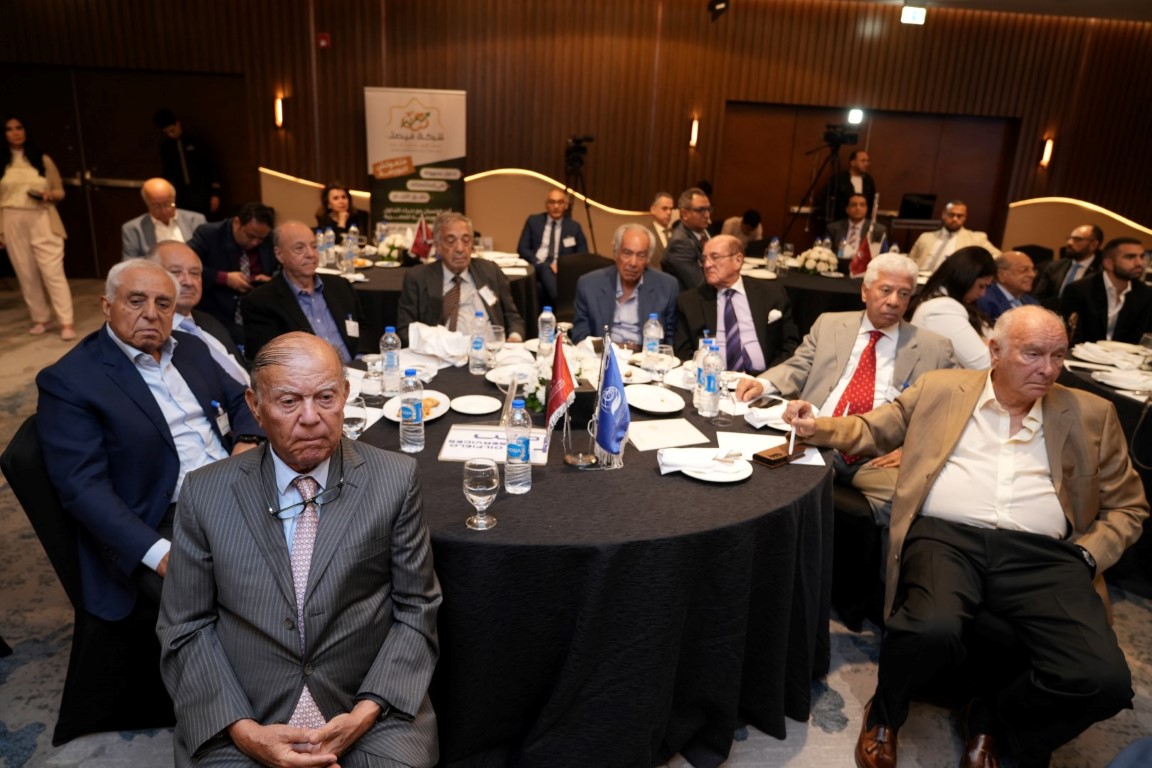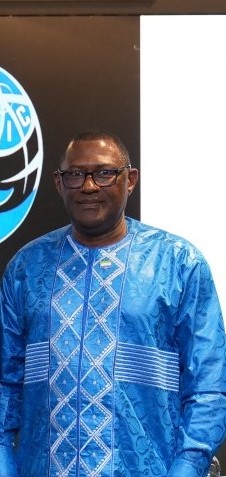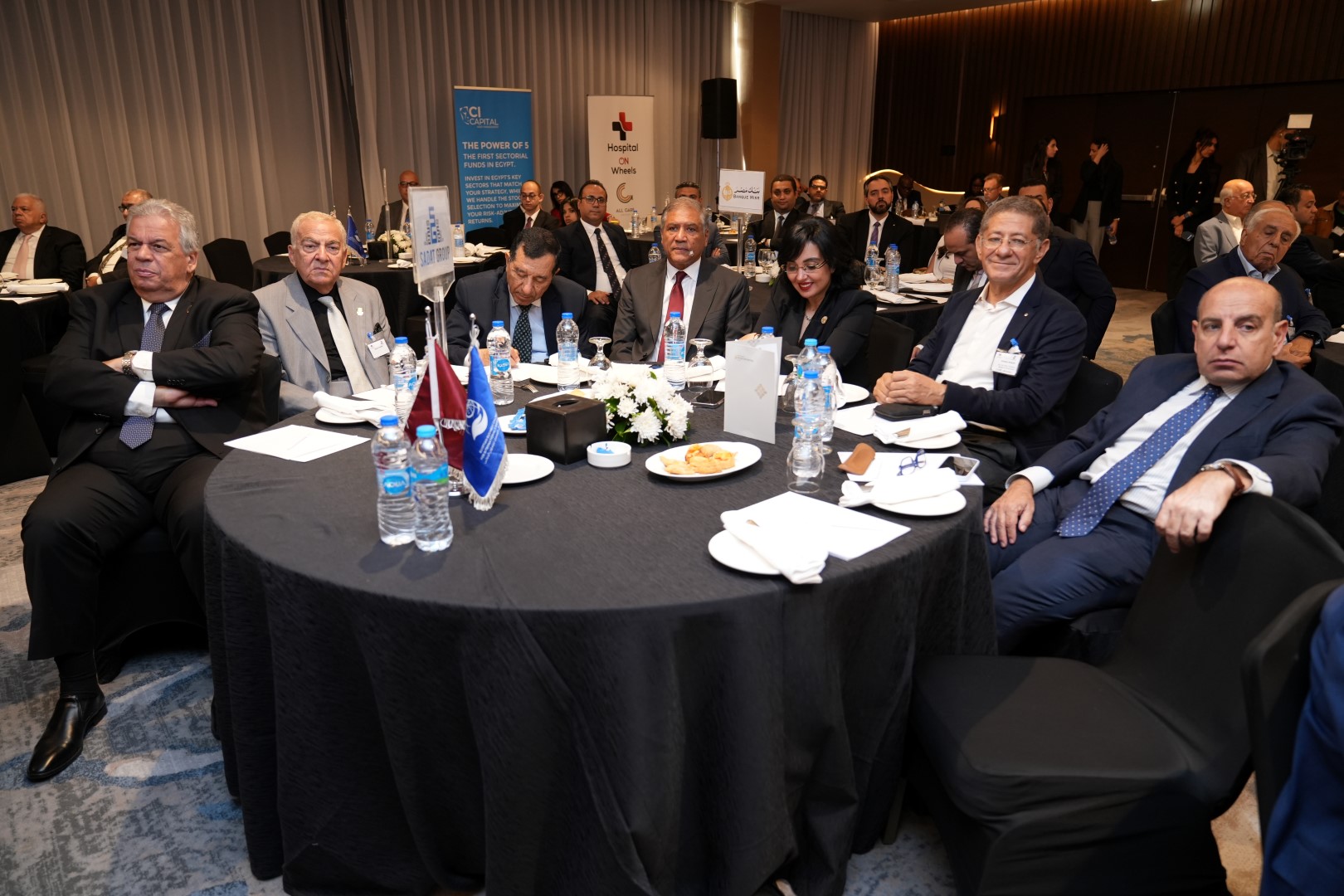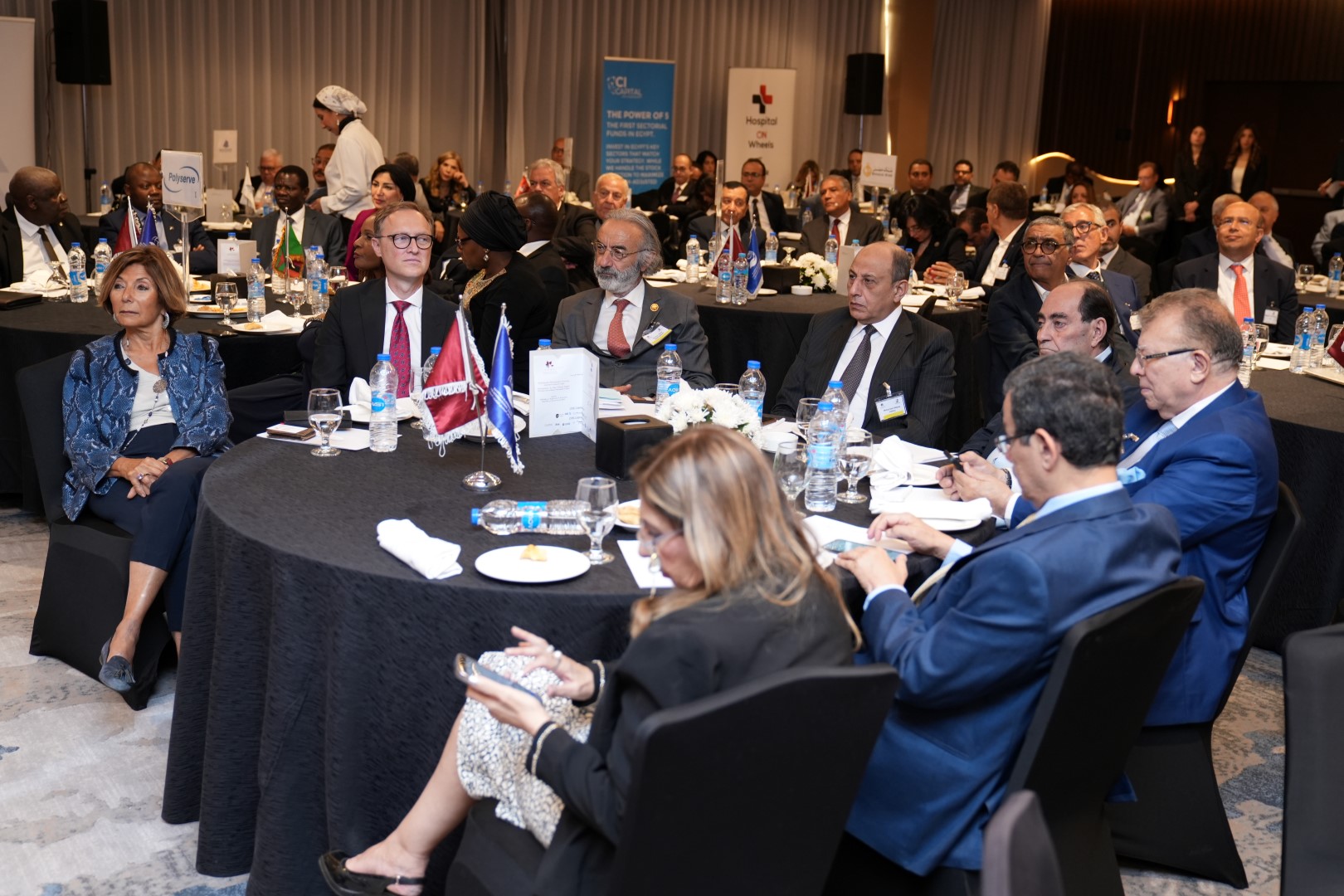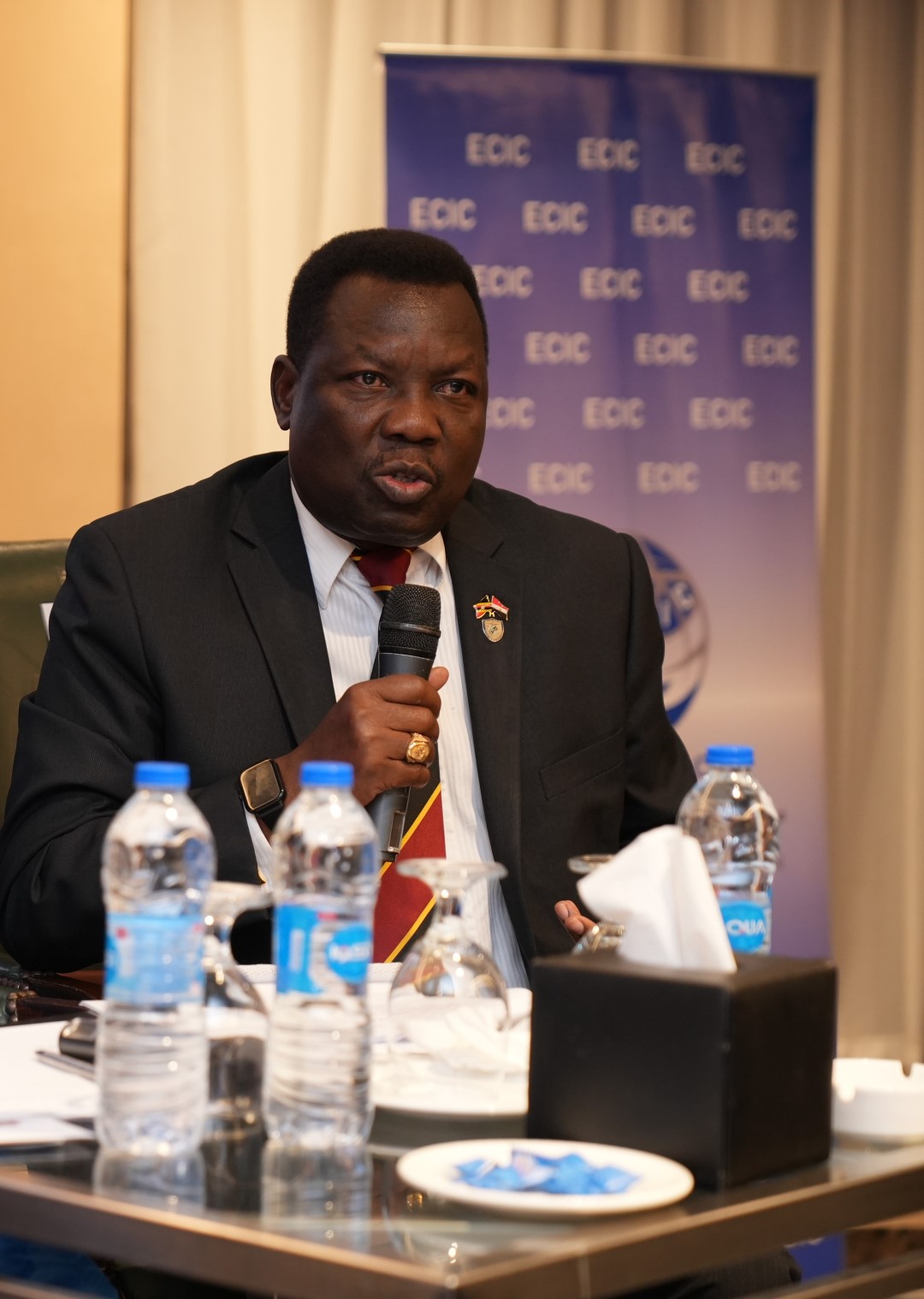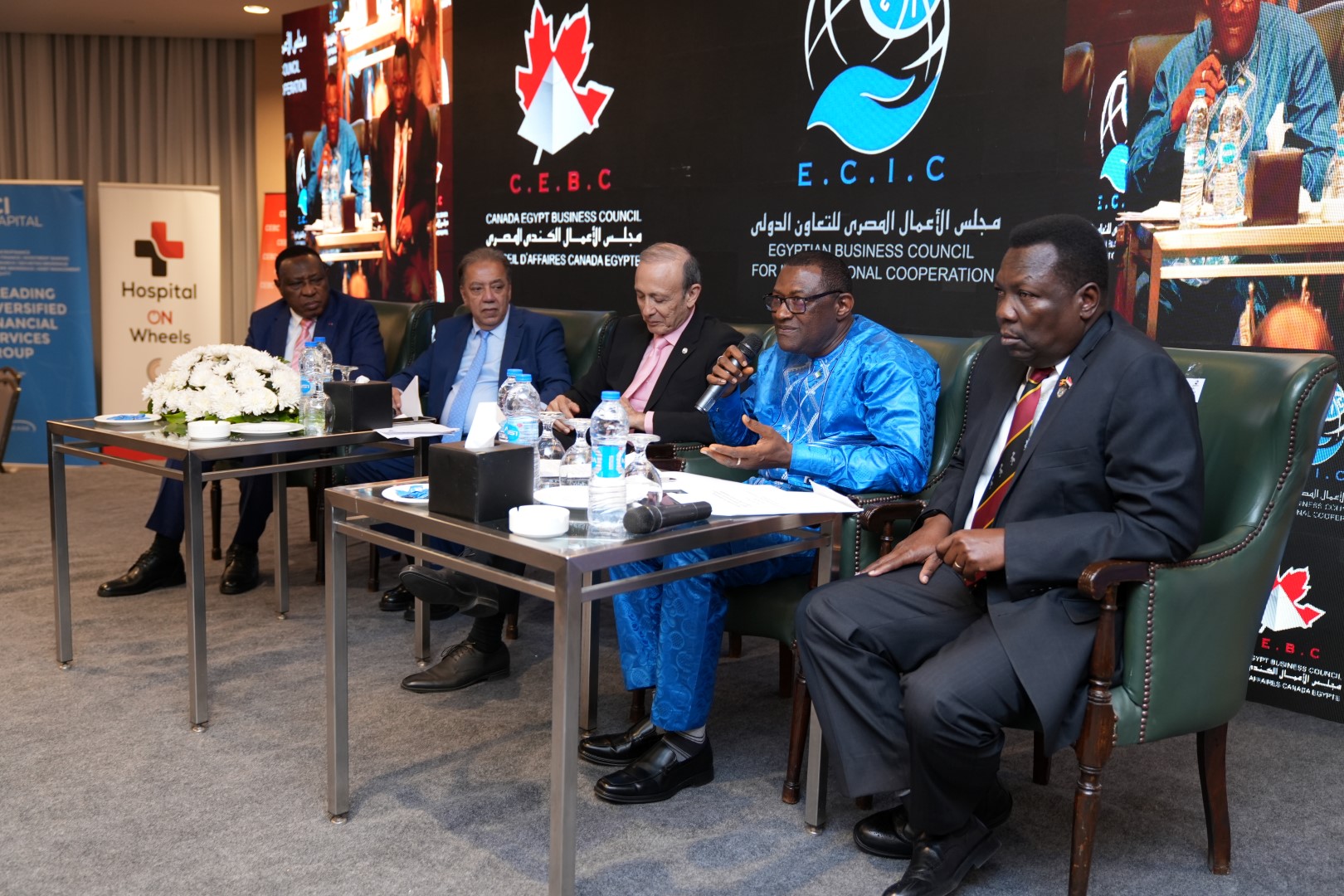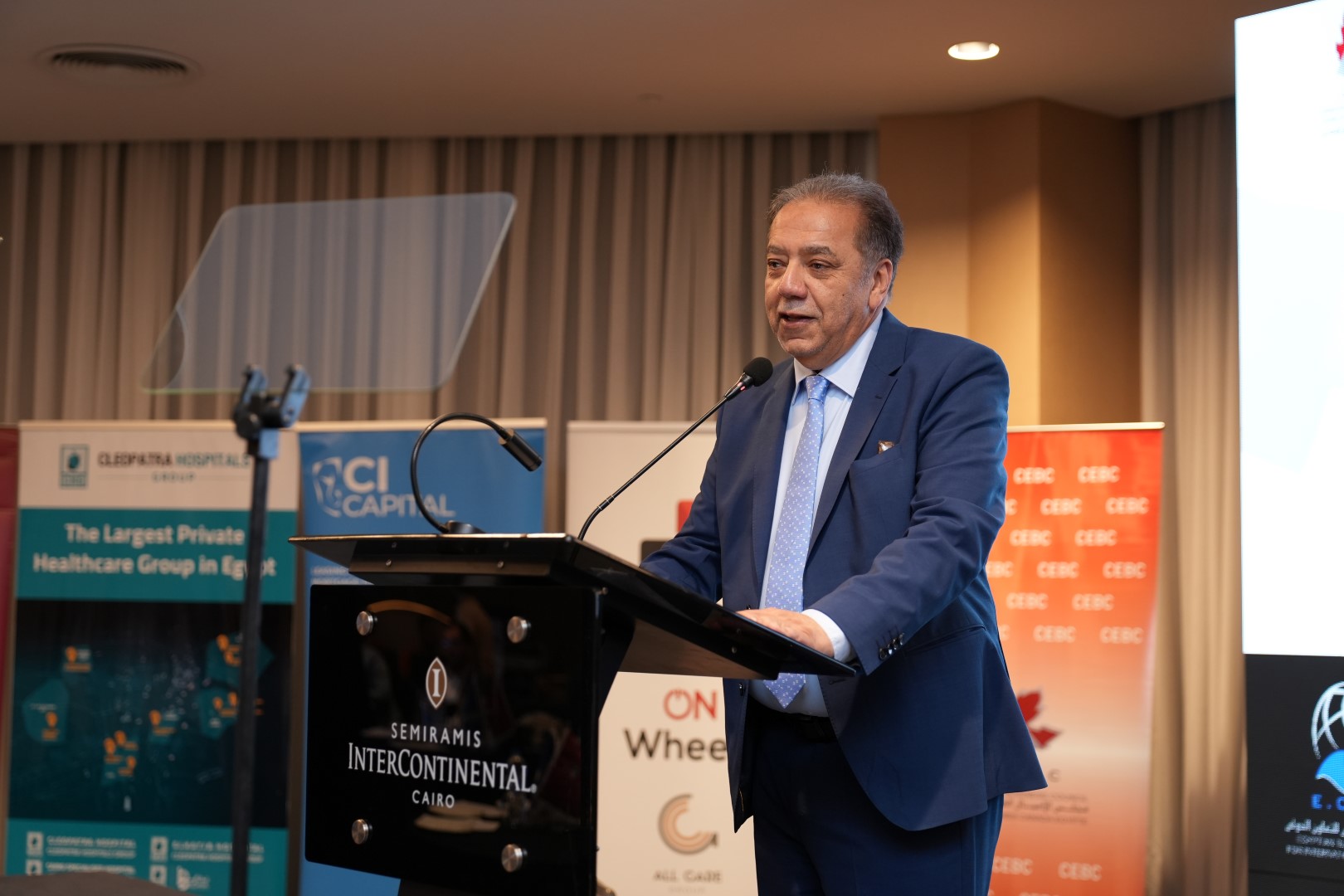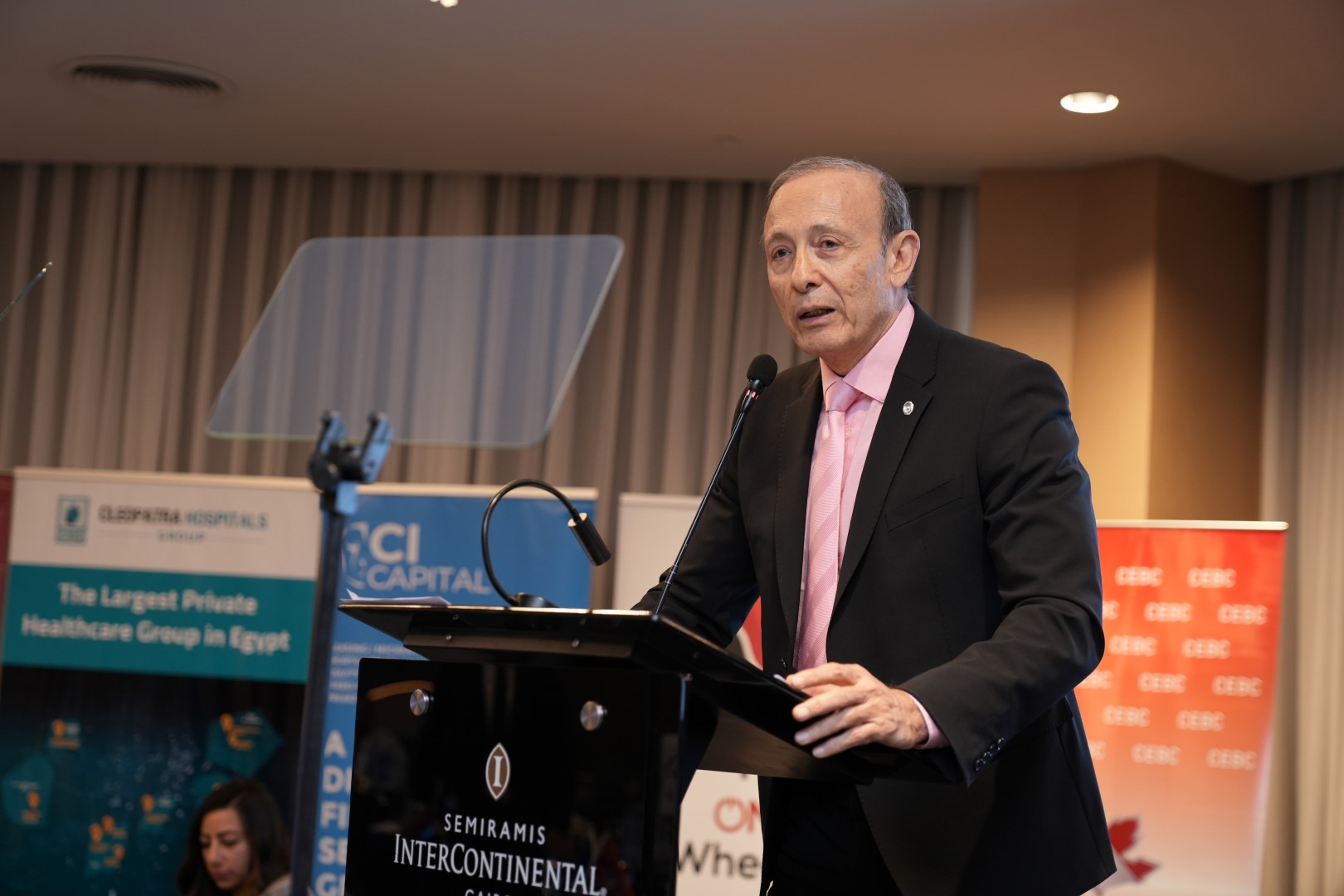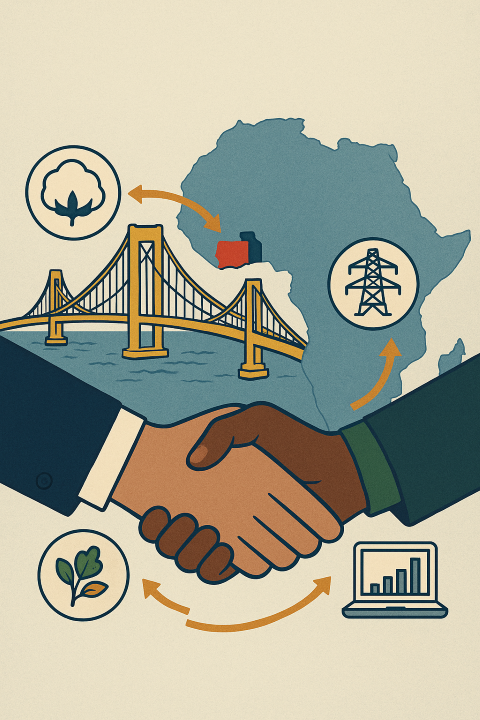
Date
Speaker(s)
Invitation
Description
The African continent boasts enormous potential and wealth, providing significant opportunities to enhance intra-African trade, drive joint investment, and achieve sustainable development for its various countries.
In recent years, Egyptian-African relations have witnessed significant development, but they have not lived up to expectations due to numerous obstacles and challenges hindering economic relations. This necessitates a greater role for banks and financial institutions by providing innovative solutions targeting infrastructure financing, manufacturing, trade, and stimulating the private sector.
In this context, Canada Egypt Business Council and the Egyptian Council for International Cooperation had the honor of holding a forum entitled “Opportunities for Developing Egyptian-African Economic Relations in Light of Current Challenges,” featuring: Ambassador Mohamadou Labarang, Ambassador of Cameroon to Egypt; Ambassador Sadiq Silla, Ambassador of Sierra Leone to Egypt; and Ambassador Lt. Gen. Charles Angina, Deputy Head of Mission of the Republic of Uganda, moderated by Dr. Sherif El Gabaly, Chairman of the African Affairs Committee at the Egyptian Parliament.
In his opening remarks, Mr. Motaz Raslan, Chairman of CEBC and ECIC, welcomed the forum’s guests, including Minister Mohamed Abbas Helmy, Minister Ahmed Darwish, Dr. Moustafa Hadhoud, and the ambassadors of Estonia, Bangladesh, and Latvia. He then welcomed all valuable guests of CEBC and ECIC.
Mr. Motaz stated that since July 2014, the political leadership has worked to restore Egypt’s pioneering role in the continent, reform Egyptian-African relations, and direct them toward the future. During this period, many initiatives and agreements have been activated to advance joint economic relations and enhance trade and investment opportunities.
He added that, according to the Central Agency for Public Mobilization and Statistics, there has been remarkable development in Egypt’s trade with Africa. The volume of trade exchange between Egypt and the countries of the African Union and its economic blocs increased to $9.2 billion in 2023, an increase of about $500 million from 2022. Additionally, Egyptian investments in Africa rose to $14 billion. While these numbers do not meet ambitious targets, there is a significant transformation and a strong desire to advance relations, with initiatives at all levels. Our meeting today confirms the commitment of business organizations to support state efforts and invest in opportunities to develop Egyptian-African economic relations.
He continued, stating that it is important to organize this meeting for discussion and investment, utilizing this strong presence to identify key challenges and solutions to support the trend of developing Egyptian-African economic relations.
The floor was then given to Dr. Sherif El Gabaly, Chairman of the African Affairs Committee at the Egyptian Parliament who highlighted that Egypt has stood with Africa and played a key role in forming the African Union, recently establishing a new committee to support investments and agricultural cooperation.
Following Dr. Sherif, Ambassador Mohamadou Labarang, the Ambassador of Cameroon delivered a compelling message about Africa’s capacity, noting that what we see today reflects Egypt’s potential and leadership across sectors, with clear progress in economic cooperation with African nations.
Next, and Ambassador Lt. Gen. Charles Angina, Deputy Head of Mission of the Republic of Uganda mentioned that Egypt has the largest number of both water engineers and civil engineers on the continent. He emphasized that transformation is about mindset: “Why should Africa rely on generators when Egypt possesses the science and technology to harness all its raw materials for nuclear energy?”
Lastly, Ambassador Sadiq Silla, Ambassador of Sierra Leone to Egypt took a bold stance, stating that he prefers to endure hardships now to develop for future generations. He pointed out that while they take cocoa, diamonds, and palm oil from Sierra Leone, they manufacture these products and send them back, making substantial profits while people in Africa continue to suffer.
Then the floor was opened for questions and answers where many inquiries were discussed by the participants of the seminar.


